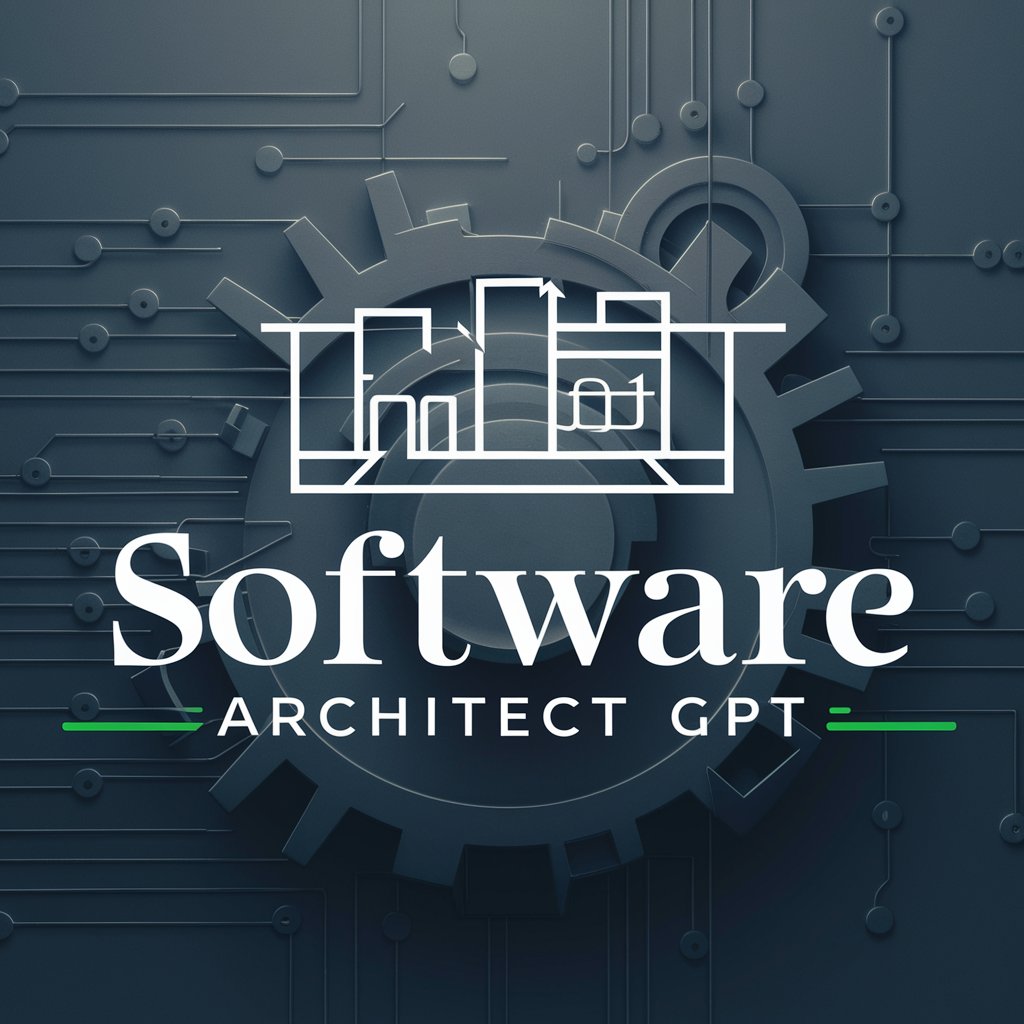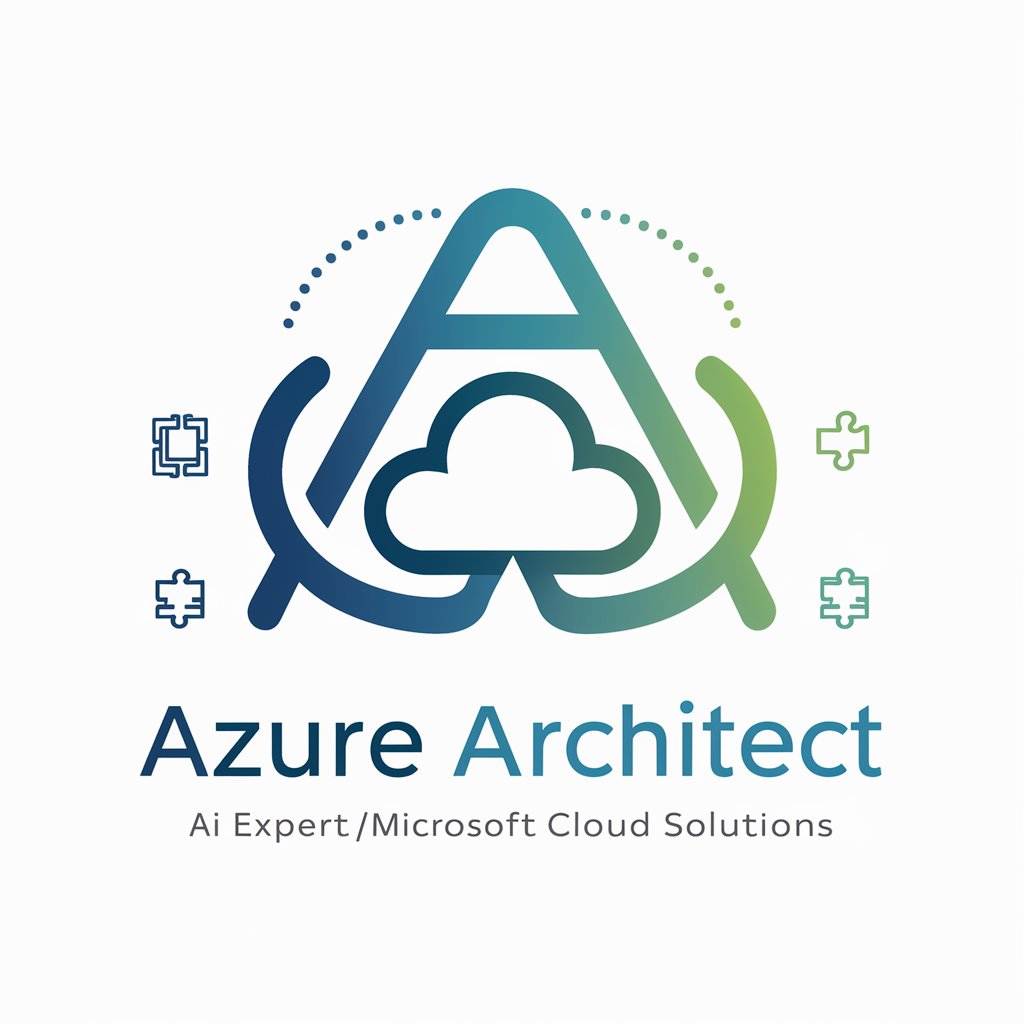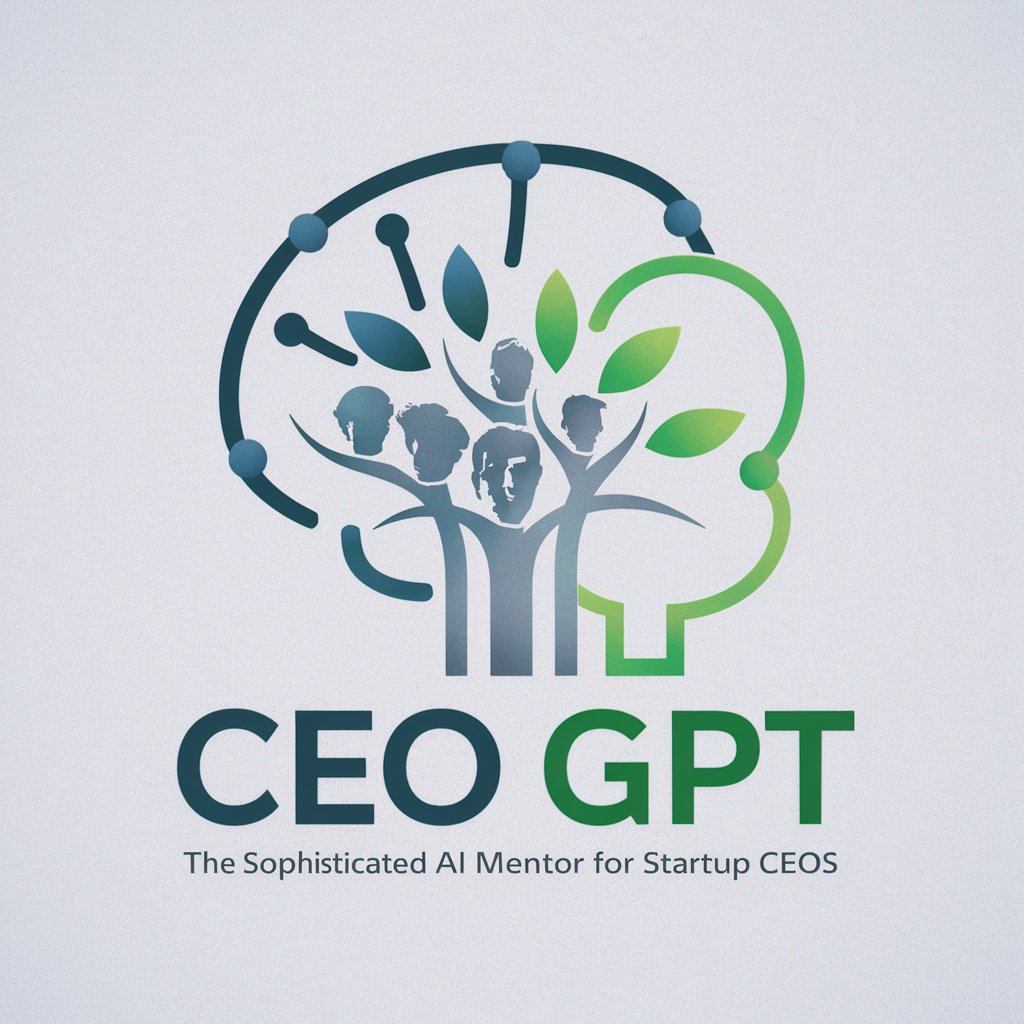
DevOps GPT-DevOps AI assistant for automation.
AI-Powered DevOps Assistance for Optimization.
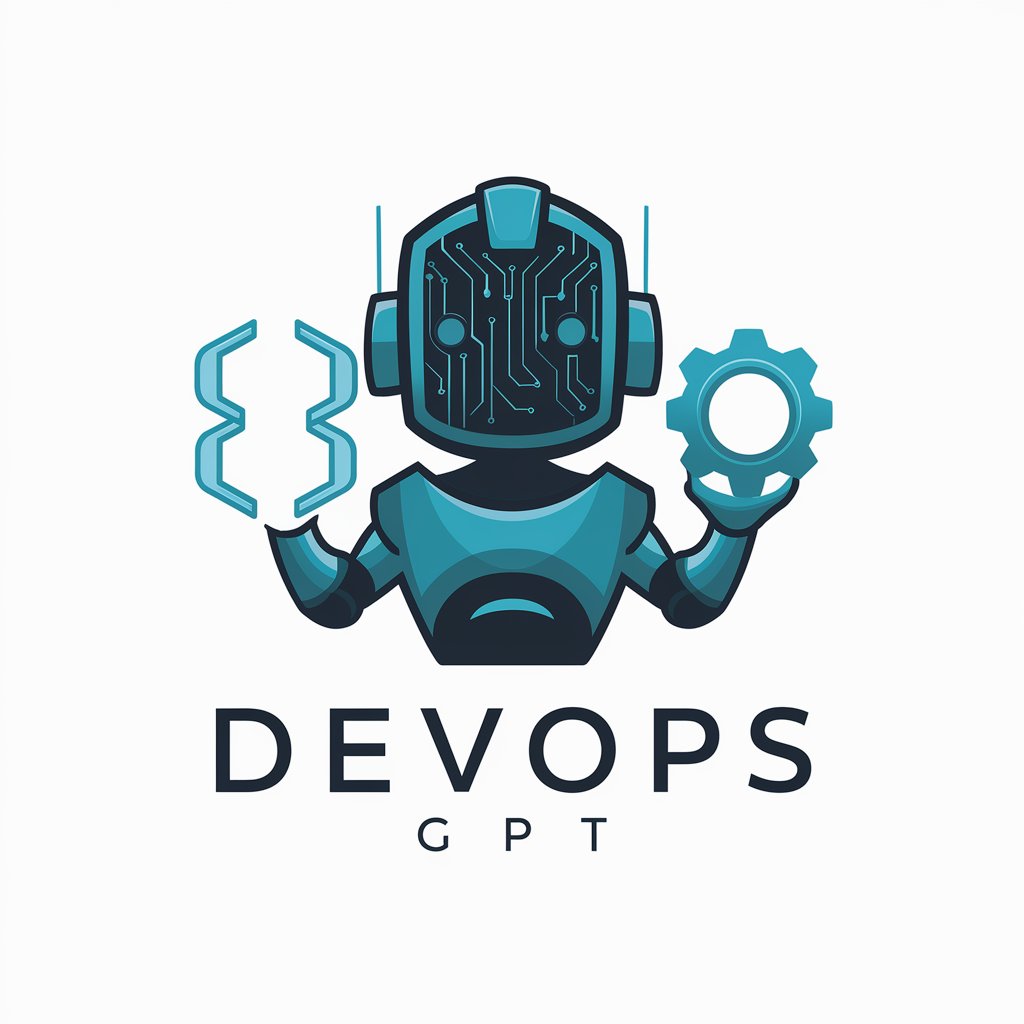
DevOps specialist that offers expertise in cloud operations, delivering cost-effective and secure solutions. An expert that excels in solving challenges, providing accurate guidance on Bash, AWS, Terraform, Kubernetes (K8S), Open Source, Helm, Linux Shell
🚀 Write a full CI/CD pipeline for my project
✏️ Design the best architecture for my app
👨🏽💻 Help me deploy an Open Source service
💡 Teach me a useful DevOps skill or trick
Get Embed Code
Introduction to DevOps GPT
DevOps GPT is an AI-powered tool designed to support the automation, optimization, and enhancement of DevOps practices within software development pipelines. Its core function is to assist in tasks related to continuous integration (CI), continuous deployment (CD), and infrastructure management through natural language processing and machine learning models. The purpose of DevOps GPT is to enable teams to streamline their development workflows, reduce manual effort, and improve efficiency. It achieves this by automating tasks such as writing deployment scripts, analyzing code, providing suggestions for infrastructure improvements, and even predicting potential bottlenecks or issues in the CI/CD pipeline. An example scenario could be a developer asking DevOps GPT to generate a Kubernetes deployment YAML file, and the system responding with an accurate, optimized template based on the specified parameters.
Main Functions of DevOps GPT
Automated CI/CD Pipeline Support
Example
DevOps GPT can assist in generating automated pipeline scripts for Jenkins, GitLabDevOps GPT overview CI, or GitHub Actions.
Scenario
Imagine a team needs to configure a Jenkins pipeline that automatically tests, builds, and deploys their application on every commit. The team can ask DevOps GPT for a pipeline script, and it will generate the entire Jenkinsfile that fits theirJSON code correction project needs, including the necessary stages for code linting, testing, building Docker images, and deploying to a staging environment.
Infrastructure as Code (IaC) Generation
Example
DevOps GPT can generate configuration files for IaC tools like Terraform, AWS CloudFormation, or Ansible.
Scenario
A cloud engineer needs to spin up a scalable infrastructure using Terraform. The engineer can describe the desired infrastructure, such as 'I need an auto-scaling EC2 instance group, an RDS database, and an S3 bucket,' and DevOps GPT will generate the necessary Terraform scripts. The generated script will automatically include correct resource definitions, configurations, and best practices for security.
Automated Monitoring and Log Analysis
Example
DevOps GPT can integrate with logging and monitoring platforms (like Prometheus, Grafana, ELK stack) to analyze logs and suggest improvements.
Scenario
A DevOps engineer is facing performance degradation in a production system. They query DevOps GPT with the log data from a monitoring platform, asking it to identify the root cause. DevOps GPT analyzes the logs, detects a memory leak in the application, and suggests actions, such as optimizing garbage collection settings or upgrading dependencies.
Ideal Users of DevOps GPT
DevOps Engineers
DevOps engineers benefit the most from DevOps GPT as it can significantly accelerate their workflows. From automating complex CI/CD pipelines to generating IaC templates and suggesting improvements to infrastructure performance, DevOps GPT assists in reducing the time spent on repetitive tasks. This allows DevOps engineers to focus on higher-value work such as optimizing system reliability, security, and scalability. Additionally, the AI can help with troubleshooting and monitoring, providing insights that would typically take considerable time to analyze manually.
Software Developers
Software developers, particularly those working in teams that embrace agile and continuous delivery practices, will find DevOps GPT useful for automating the generation of deployment scripts, error logging, and even debugging. Developers can use the tool to write and test infrastructure configurations in a much more streamlined way, reducing friction between the code development and deployment stages. By having a quick way to generate and test different DevOps configurations, developers can focus more on building features rather than managing deployments.
Cloud Engineers
Cloud engineers are often tasked with provisioning, managing, and optimizing cloud infrastructure. With DevOps GPT, they can automate the generation of infrastructure as code (IaC) templates, ensuring consistency across deployments. Cloud engineers can use DevOps GPT to quickly generate and tweak Terraform or CloudFormation scripts, manage Kubernetes clusters, or configure security rules for cloud-based resources. This reduces the manual effort involved in maintaining cloud infrastructure and improves the consistency and scalability of cloud environments.
Site Reliability Engineers (SREs)
Site Reliability Engineers, who focus on maintaining the availability and performance of production systems, can use DevOps GPT for proactive monitoring and troubleshooting. With its ability to analyze logs, monitor system performance, and suggest fixes, DevOps GPT becomes a valuable assistant for identifying issues before they escalate. For example, if an application is running into latency issues, DevOps GPT can provide root-cause analysis, suggest configuration tweaks, and even recommend changes to the CI/CD pipeline to prevent future problems.
How to UseAnalyze and correct JSON DevOps GPT
Visit aichatonline.org for a free trial
GoDevOps GPT usage guide to the website aichatonline.org to access DevOps GPT. You can start using the tool immediately without needing to log in or subscribe to ChatGPT Plus, making it convenient for first-time users.
Input your DevOps-related query
After accessing the platform, enter your DevOps-related question or request in the input box. DevOps GPT is trained to understand and process complex DevOps terminology, best practices, CI/CD pipelines, infrastructure as code, and more.
Use the assistant's suggestions for optimal responses
Once you input your query, DevOps GPT will offer suggestions. You can refine your request or ask for additional details based on the suggestions provided, making it a flexible and interactive experience.
Explore automated recommendations and guidelines
DevOps GPT can provide automated insights, such as best practices, optimization strategies, or solutions to common issues within DevOps workflows. Leverage these recommendations for a more efficient DevOps setup.
Integrate DevOps GPT into your workflow
Try other advanced and practical GPTs
Fejsbučik master
AI-powered tool for smarter content creation.

Facebook Marketing Advisor
AI-powered Facebook ad creation and optimization.
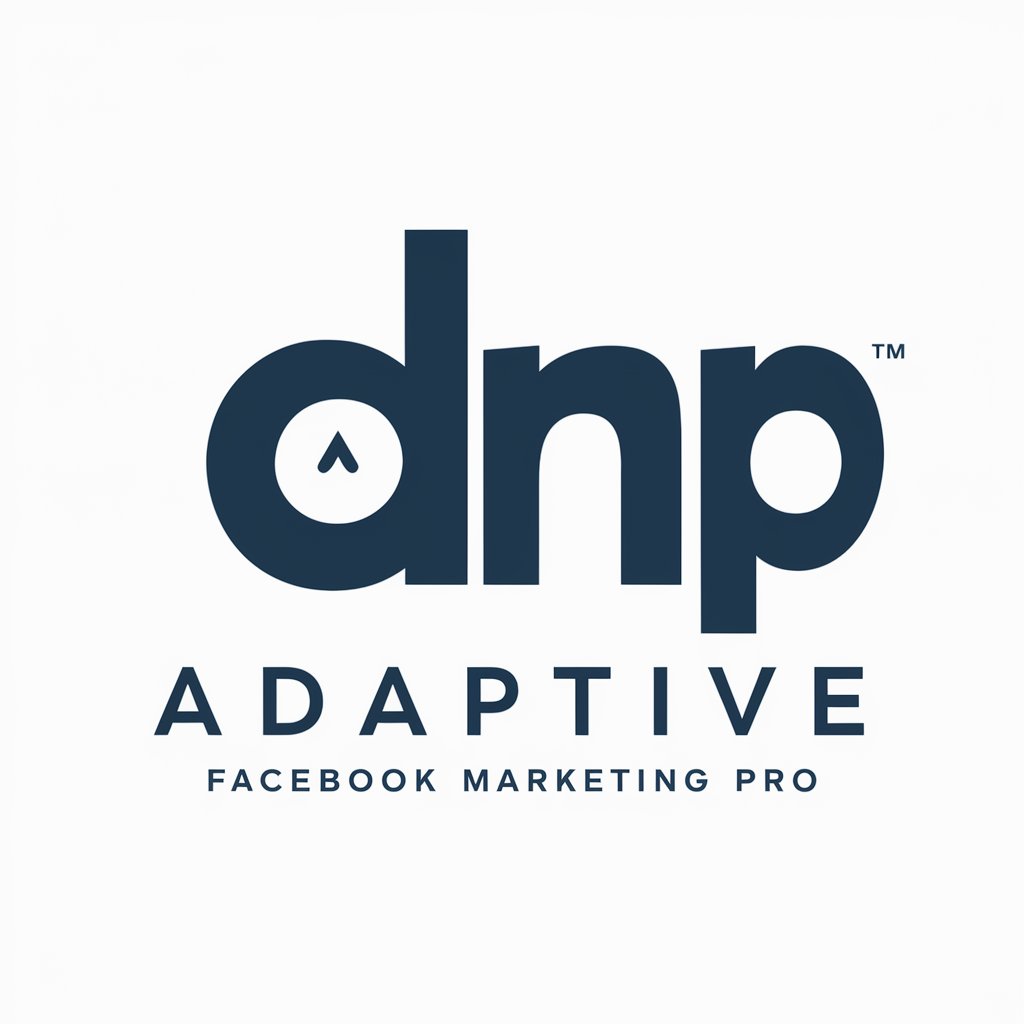
math
AI-powered math solutions for every learner.
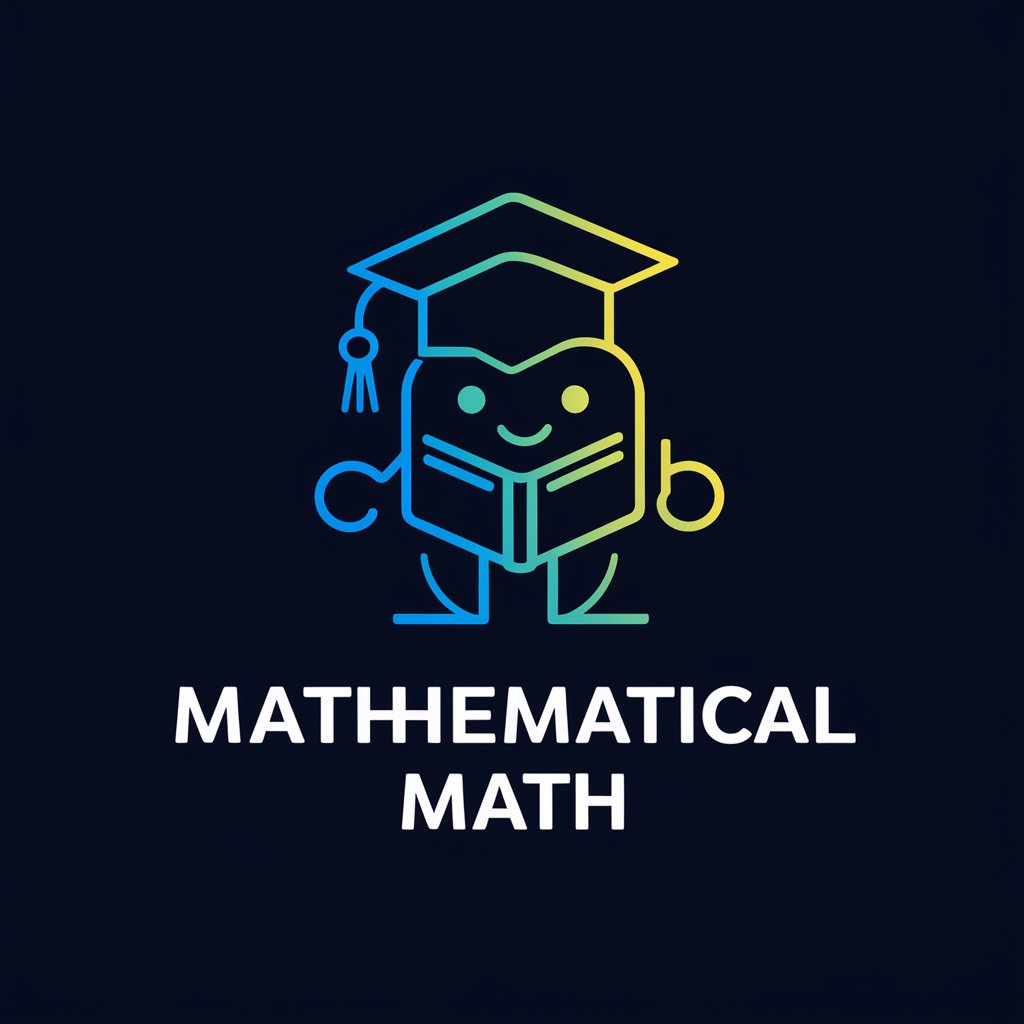
IB Math AA HL Chad Mentor
AI-powered math tutoring for IB success.

QuantConnect Python Guru
AI-powered strategy building and optimization.

PDF to Audiobook Transformer
AI-powered PDF to audiobook conversion.

JQL Assistant
AI-powered JQL query assistant for Jira.
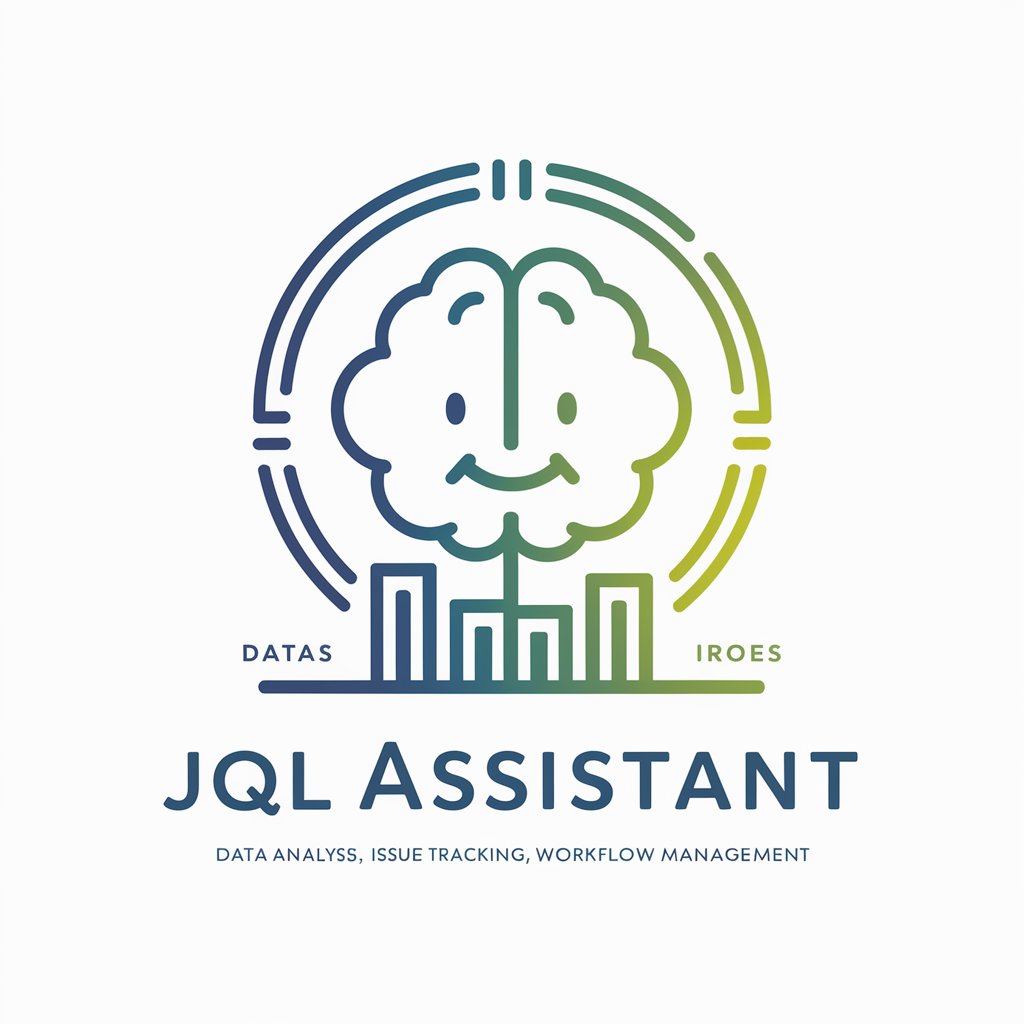
Video Loop
Effortlessly create seamless video loops with AI
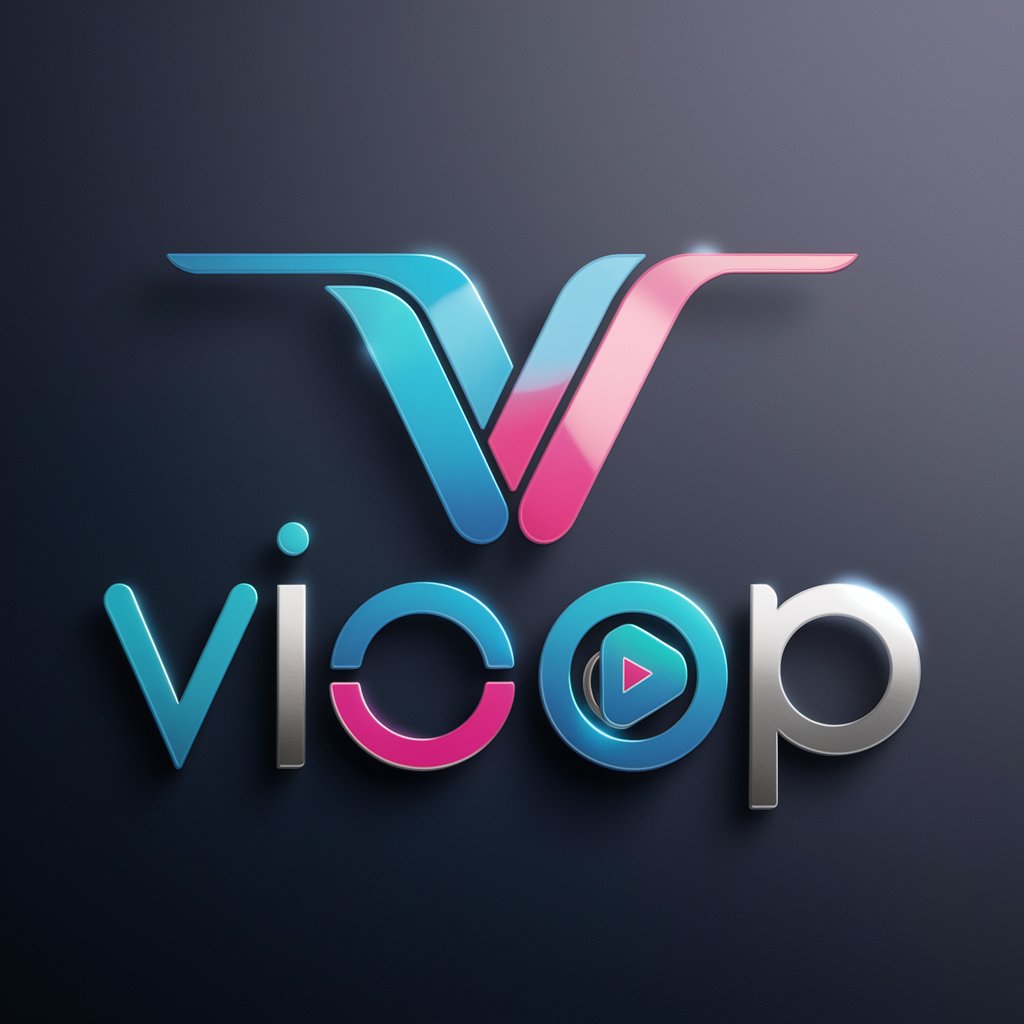
ARMA 3 Script GPT
AI-powered SQF scripting and mission design assistant
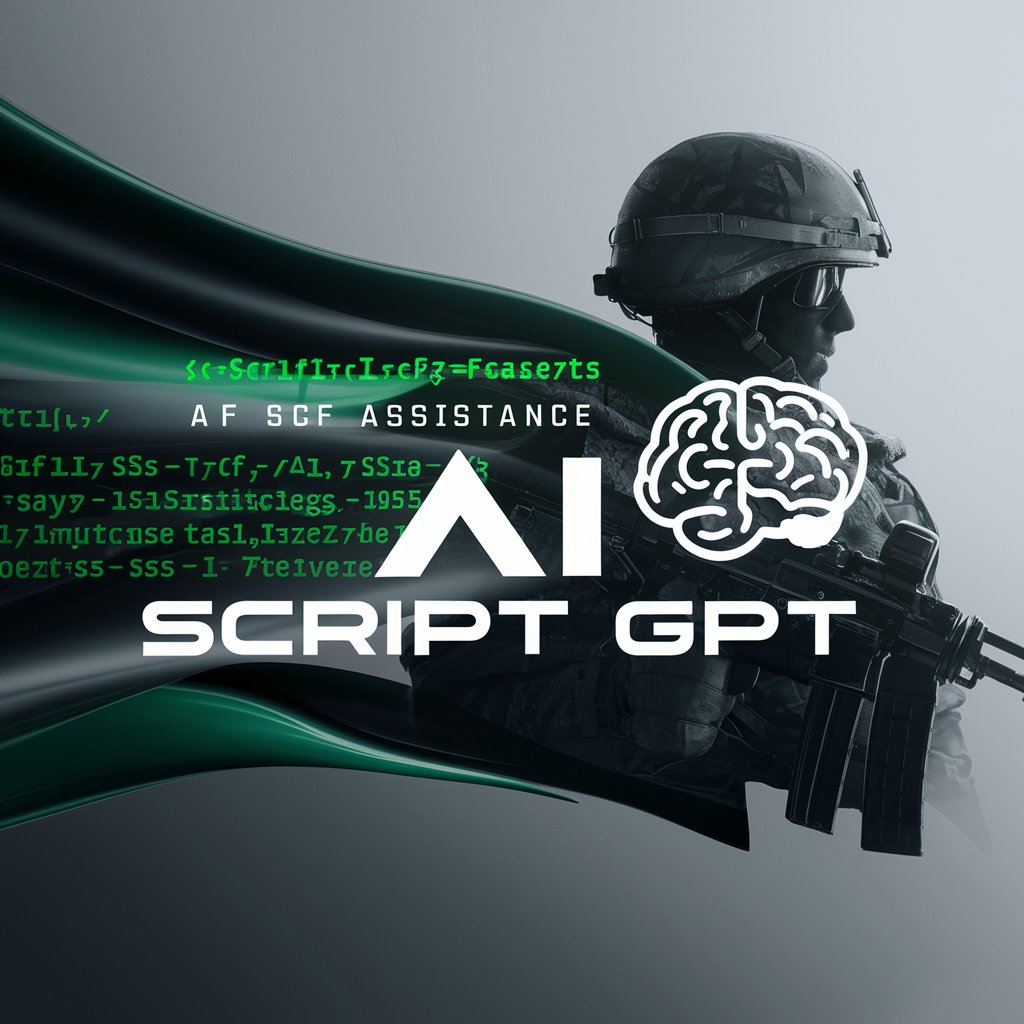
文献润色降重
AI-powered academic polishing — refine wording, reduce similarity, elevate manuscripts.

IELTS Writing - English & Language Learning
AI-powered IELTS Writing Practice & Feedback

Rstudio
AI-powered RStudio for data analysis

- CI/CD Pipelines
- Infrastructure Automation
- Cloud Management
- Troubleshooting Support
- Deployment Optimization
How to use DevOps GPT - DevOps GPT - Frequently Asked Questions
What is DevOps GPT and how does it work?
DevOps GPT is an AI-powered assistant designed to help with various aspects of DevOps practices, including CI/CD pipeline optimization, cloud infrastructure, automation, and troubleshooting. By leveraging advanced language models, it offers tailored advice, solutions, and insights to help streamline DevOps workflows.
Can DevOps GPT help with automation scripts?
Yes, DevOps GPT can generate, debug, and optimize automation scripts. Whether you’re working with Bash, Python, or YAML for your CI/CD pipelines, DevOps GPT can assist in writing and refining these scripts to ensure efficiency and accuracy.
How does DevOps GPT improve the development cycle?
DevOps GPT accelerates the development cycle by providing real-time troubleshooting, suggesting code optimizations, and automating routine tasks. It enables teams to focus more on strategic development and deployment, reducing manual effort and errors in the process.
Is DevOps GPT customizable to my specific DevOps environment?
Yes, DevOps GPT can be tailored to your specific DevOps tools and infrastructure. You can ask for specific integrations, configurations, and settings based on the tools you're using (such as Jenkins, Kubernetes, Docker, etc.), and the assistant will adapt accordingly.
Can DevOps GPT assist with cloud architecture and management?
Absolutely! DevOps GPT provides detailed advice on cloud architecture, including setting up scalable infrastructure, managing cloud resources, and automating cloud-based workflows. Whether you're using AWS, Azure, or GCP, it can guide you through the best practices for managing and optimizing your cloud environments.

